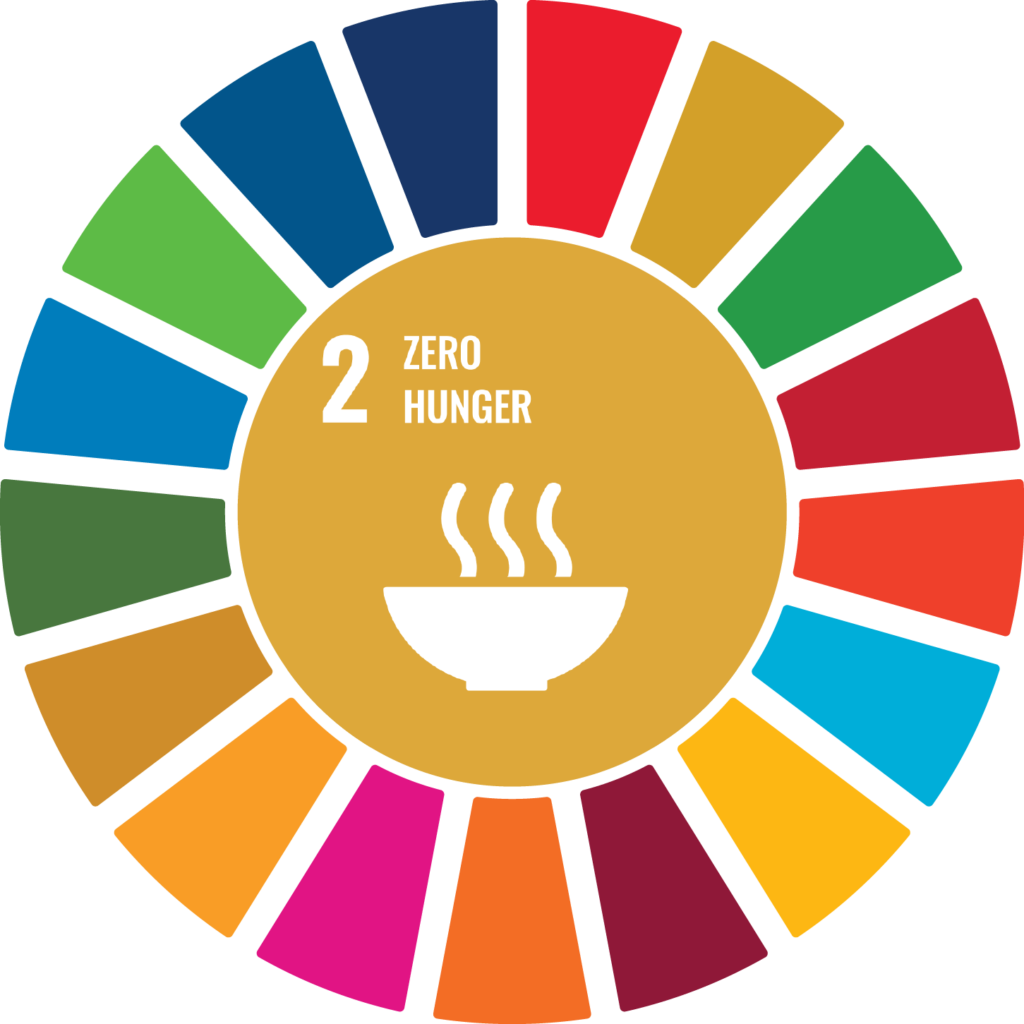Free Food Citizens

Hunger remains a persistent global issue that undermines the well-being of millions, while sustainable development seeks to address the needs of the present without compromising the ability of future generations to meet their own needs. In this context, free food programs play a pivotal role by simultaneously combating hunger and promoting sustainable development. By ensuring access to nutritious food for vulnerable populations, these programs alleviate immediate suffering, improve health outcomes, and foster long-term socio-economic progress.
- Alleviating Hunger: Free food programs provide a lifeline for individuals and communities struggling with food insecurity. By distributing food to those in need, these initiatives address the immediate challenge of hunger and prevent malnutrition-related health issues. Sustaining access to nutritious food enhances overall well-being, fosters cognitive development in children, and improves productivity, thereby contributing to poverty reduction.
- Reducing Food Waste: Free food programs actively contribute to sustainable development by minimizing food waste. In developed nations, substantial amounts of edible food are wasted each year. These programs act as intermediaries, channeling surplus food from producers, retailers, and other sources to those who require it, reducing the strain on land, water, and energy resources associated with food production.
- Enhancing Food Security: Free food programs promote food security by creating a safety net for vulnerable populations. By ensuring a reliable source of sustenance, these initiatives help individuals and families divert their limited financial resources towards other critical needs, such as education and healthcare. Improved food security strengthens social cohesion, fosters economic stability, and creates a foundation for sustainable development.
- Encouraging Sustainable Agriculture: Free food programs can also support sustainable agricultural practices. By collaborating with local farmers and suppliers, these programs can prioritize sourcing locally produced, seasonal, and environmentally friendly food. Such partnerships stimulate local economies, reduce transportation emissions, and enhance the viability of small-scale farmers, contributing to sustainable agricultural systems.